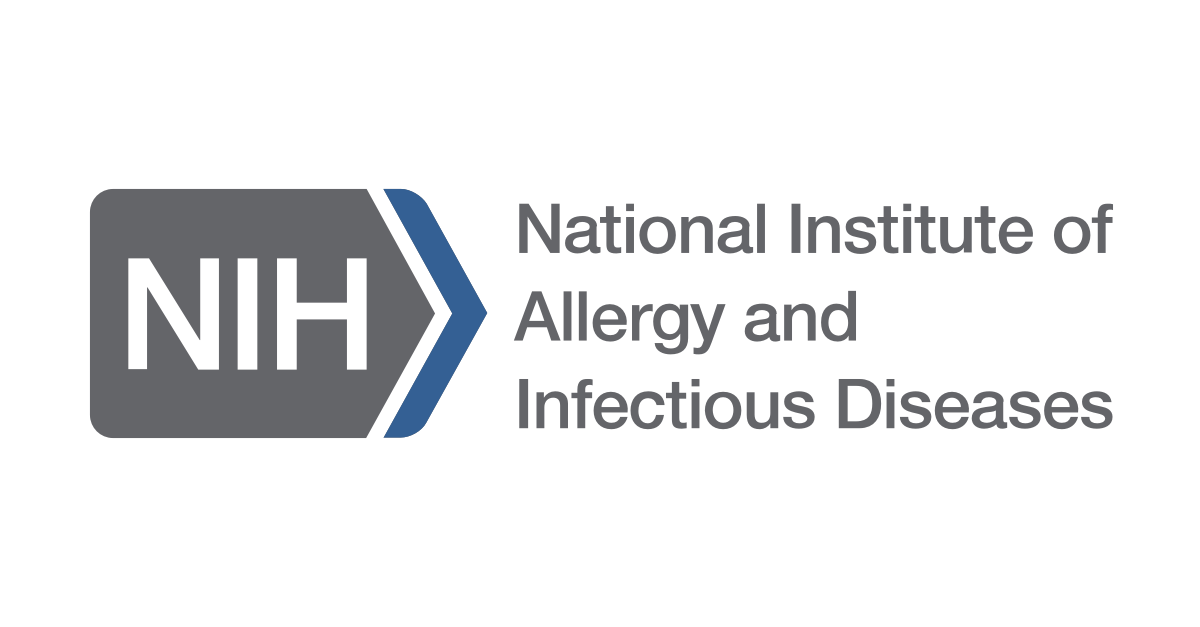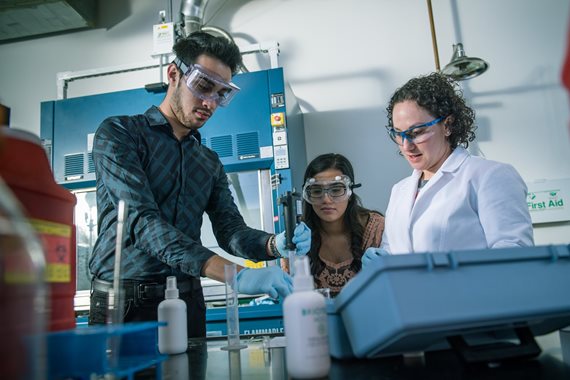
Briotech Breakthrough with Prestigious NIH/RML Laboratories
Briotech works with the prestigious NIH/RML Laboratories to customize the world’s first cold sterilant to inactivate all prion species. "BrioHOCl™ eliminated all detectable prion-seeding activity."
National Institutes of Health
September 29, 2016
Immune System Oxidant could be Key to Inactivating Prions
"A product that mimics the natural oxidative killing action of human immune cells against bacteria, viruses, and fungi also can inactivate prions and other proteins, some of which are thought to be important in Parkinson’s and Alzheimer’s diseases, according to National Institutes of Health (NIH) researchers. Prions are deadly protein-based pathogens that are extremely difficult to inactivate; recommended decontamination treatments often are dangerous to people or damaging to surfaces, such as those on surgical devices. There are reported cases of a prion disease (Creutzfeldt-Jakob disease, or CJD) being transmitted to patients via contaminated surgical equipment.
Scientists at NIH’s National Institute of Allergy and Infectious Diseases (NIAID) first evaluated the product BrioHOCl™ in laboratory experiments using a prion diagnostic test they developed (RT-QuIC). They then confirmed the results in mice. The scientists determined that BrioHOCl™ eliminated all detectable prion-seeding activity for CJD, bovine spongiform encephalopathy (BSE, or mad cow disease), chronic wasting disease (a disease primarily found in deer, elk, and moose) and scrapie (a disease of sheep) in brain tissue. They conducted a portion of the study using stainless steel wire as a surrogate for surgical instruments. BrioHOCl™ had similar effects on two proteins thought to contribute to Parkinson’s disease and Alzheimer’s disease.
The Seattle-area company Briotech, Inc., developed BrioHOCl™ to remove biofilms – clusters of bacteria – from tubing and other surgical equipment. BrioHOCl™ is a highly purified formulation of hypochlorous acid, which immune cells produce naturally to kill microbes.
The NIAID researchers now are interested in discovering how hypochlorous acid inactivates prions, and determining whether they can harness that process to treat or prevent prion and other protein-based diseases. They also plan to evaluate whether BrioHOCl™ can inactivate prions associated with other tissues, fluids, tools, instruments, and environmental surfaces that may be of concern in medicine, biotechnology, agriculture, food production, and wildlife biology.”
Full Publication


